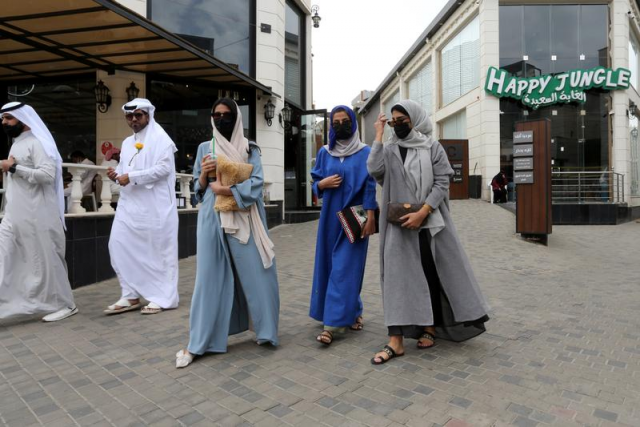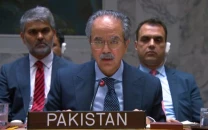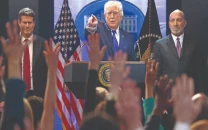US urges Saudi Arabia to review cases of 'prisoners of conscience'
No individuals have been imprisoned for exercising the right to freedom of speech, says Saudi diplomat

The United States urged ally Saudi Arabia on Tuesday to review cases of "prisoners of conscience" and lift travel bans and other restrictions allegedly imposed on women's rights activists previously released from jail.
The rare US intervention on the matter came with US-Saudi ties strained over a range of issues.
Iceland and Luxembourg also zeroed in on the Saudi human rights record during a debate held on Tuesday at the UN Human Rights Council in Geneva.
US Ambassador Michele Taylor called on Riyadh, a pivotal security partner of Washington against Iran in the Gulf region, to resolve cases of "prisoners of conscience" - a term referring to political detainees, though she did not name any.
"We urge Saudi Arabia to fully resolve cases of prisoners of conscience and to lift travel bans and other restrictions on previously released women's rights activists," Taylor told the Geneva forum in a speech on what was International Women's Day.
Also read: Saudi Arabia appoints world's first female crane driver
Luxembourg Ambassador Marc Bichler said that "repression" of freedom of expression, association and assembly for activists was intensifying in Saudi Arabia.
Saudi Arabia's delegation said it regretted what it called "the politicisation" of human rights issues.
"No individuals have been arrested or imprisoned for exercising the right to freedom of speech or defending human rights. These are unfounded allegations," a Saudi diplomat, whose name was not immediately available, told the forum.
Regarding women's rights, he said: "This is the area of rights where we have seen the most sweeping reform at various levels including legislative, administrative and judicial..., taking steps to ensure the greater empowerment of women and their participation in key sectors of society."
Last June, Riyadh released two women's rights activists detained nearly three years earlier after they had served their time, London-based Saudi rights group ALQST said.



















COMMENTS
Comments are moderated and generally will be posted if they are on-topic and not abusive.
For more information, please see our Comments FAQ